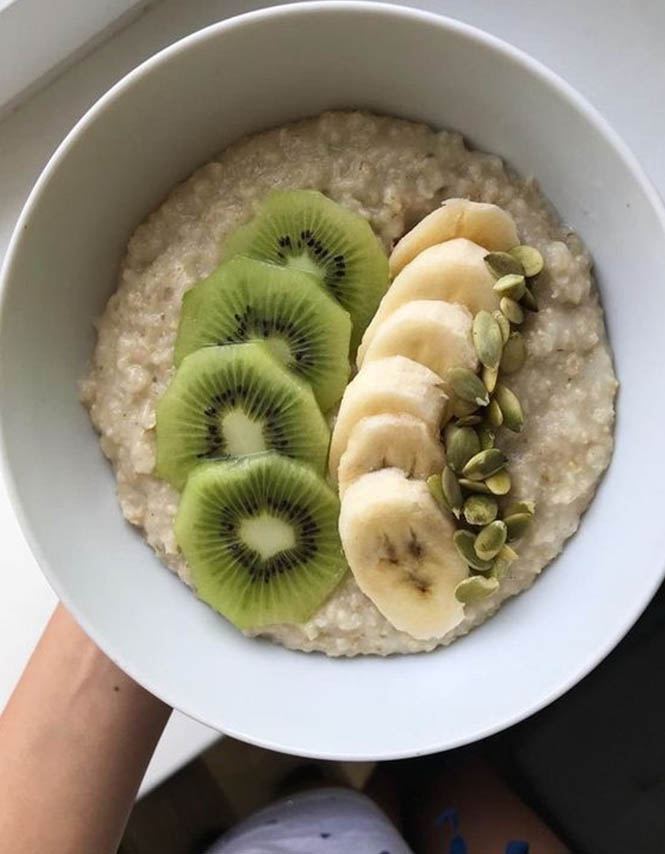
(opinion article)
“Do not leave your house hungry,” — Anastasia Goloborodko, nutrition consultant, culinary journalist, author of the Spoon blog, believes that this is the best parting word that can be given to a modern person.
Most researchers come to the conclusion that the importance of breakfast is “exclamatory” in several respects at once: breakfast sets the “long” energy for the day, for the long term, restrains the habit of “snacking” throughout the day and controls health, especially the formation of some chronic conditions, because the first food that enters an empty stomach.
Below are 5 main mistakes that people make regarding the first meal:
- Lack of breakfast
According to doctors and nutritionists, 78% of people who can boast good health and appearance have breakfast. Harvard’s latest published statement reinforced the idea with numbers: in 28% of men who skip breakfast, they have heart disease; 27% of women who love to leave the house hungry develop insulin resistance and increase the risk of type 2 diabetes.
- Purchased yogurts, juices and smoothies
Around smoothies, yogurts, and squeezed juices — a whole halo of health. Yogurts are supposedly full of beneficial bacteria, and even with the addition of berries and fiber. Smoothies are really a hit of the season. But the truth is, off-the-shelf store solutions can be a time bomb. The calorific value of some of them reaches 700-800 kcal, and the amount of sugar in the composition is three times the allowable daily allowance. The way out is to make a similar breakfast at home on your own. Homemade or Greek yogurt can be a good basis for breakfast, in which instead of 3-4 tablespoons of sugar and a strawberry flavor identical to the natural, you can add chia, cocoa beans, or whipped raspberries.
- Tiny breakfast
The American magazine “Obesity” conducted a study. Two groups of women consumed 1,400 kcal per day. The first group consumed 700 kcal for breakfast, 500 for lunch, and 200 for dinner. The second — had a modest breakfast at 200, dined at 500, and dined at 700 kcal. As a result, among the two losing weight groups, the one that ate the higher-calorie breakfast quickly got in shape and, on average, lost twice the (!) more excess weight. The reason here is that even with a balanced diet, jumps in blood sugar in the morning and evening are different. Best of all is a medium-density breakfast, which will include slow carbohydrates (whole cereals, whole grain bread) and a little protein (salmon, soft cheese, cottage cheese).
- Complex coffee
Coffee drinks instead of or (worse) after breakfast are a time bomb. Moka, frapuccino, and many drinks based on espresso and milk with the addition of syrups in calories can compete with the breakfast itself. The average calorie content of a basic cappuccino is 100 kcal, and raff coffee, frappuccino, or mocha — up to 400 kcal. In addition, milk is the cornerstone in dietetics, and it is difficult to combine with any group of products and is not always well absorbed.
- Morning flakes
Most muesli and granola in the store are foods that are high in sugar, salt, and extremely high in calories. Reading labels is neither difficult nor embarrassing. If the composition is really a whole grain, and besides it has a little honey, 6 grams of fiber, a couple of superfoods like flax seeds and coconut oil — this is a decent breakfast.
Do you pay attention to your breakfast? Or are you a fan of flakes with milk?


























































Залишити відповідь